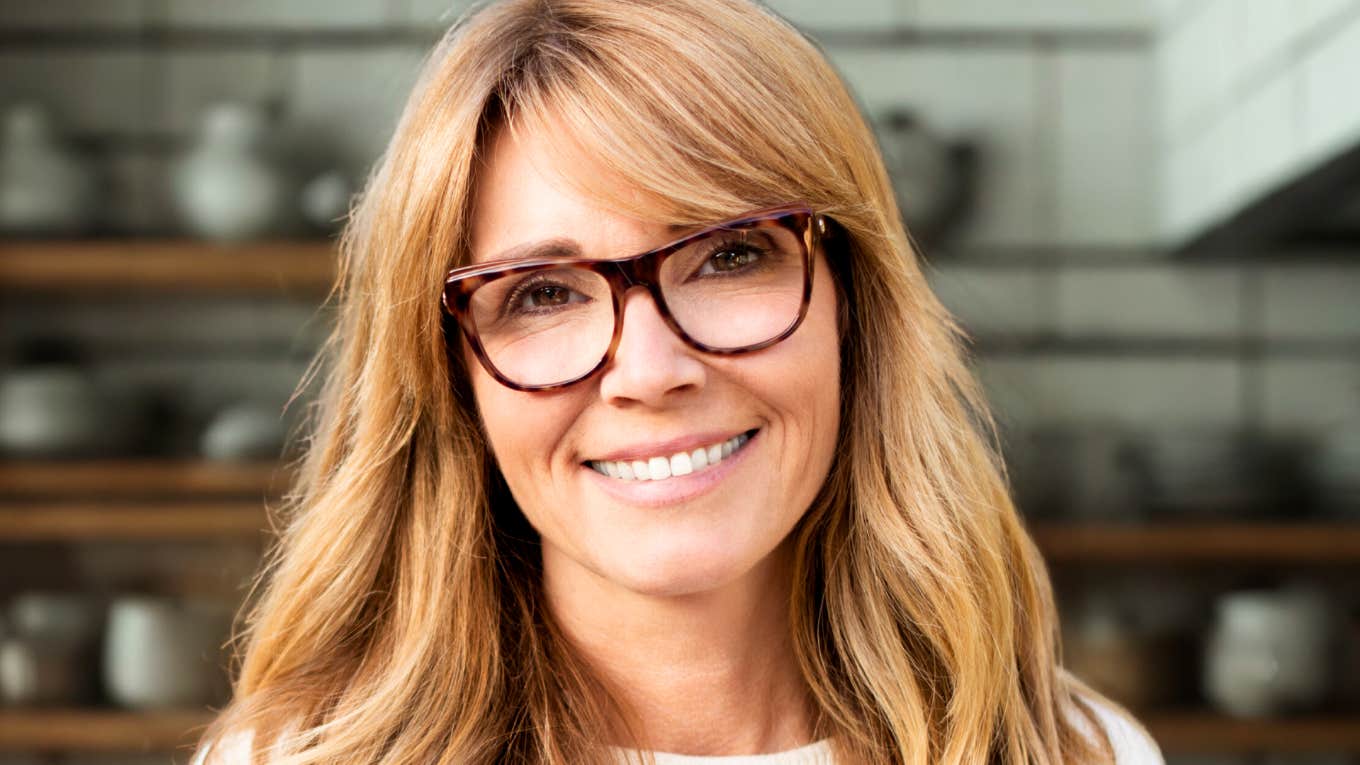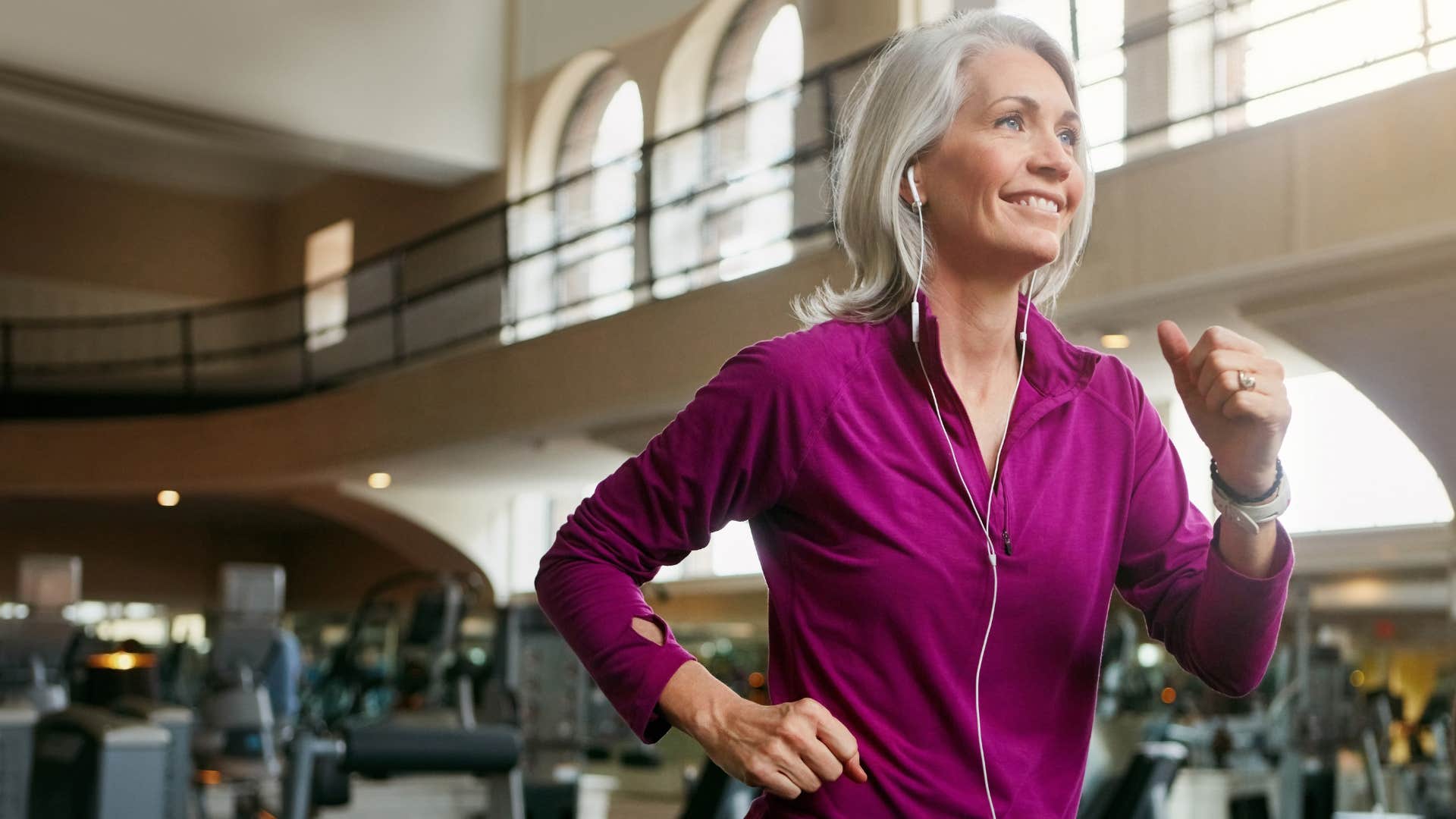People Who Seem Considerably More Youthful Than Their Peers Often Practice These 10 Habits, Says Cancer Doctor
Most people want the fountain of youth, but they also need better habits.
 Szepy | Canva
Szepy | Canva What if your longevity wasn’t about breakthroughs or bio-hacks but tiny, repeatable choices? As a radiation oncologist and a competitive bodybuilder in my 60s, folks constantly ask me for secrets. The truth is, most of what works isn’t secret — we just ignore it.
Here are 10 tiny habits I use to protect my brain, body, and peace. They include simple tweaks to how I eat, move, connect, and recover — none flashy, but all-powerful. None are flashy, but all are powerful. They’re free, science-backed, and surprisingly doable.
People who look considerably more youthful than their peers often practice these ten habits:
1. Get sunlight before screens
 Pheelings media / Shutterstock
Pheelings media / Shutterstock
When: Within 30 minutes of waking
Your circadian rhythm doesn’t start with caffeine. It starts with light. Even 2–10 minutes of natural light can increase alertness, regulate sleep hormones, and support mood.
2. Walk ten minutes after eating
 ViDI Studio / Shutterstock
ViDI Studio / Shutterstock
When: After meals (especially lunch and dinner)
Evidence supports that your circadian rhythm doesn’t start with caffeine. It starts with light. Even 2–10 minutes of natural light can increase alertness, regulate sleep hormones, and support mood.
3. Have a smaller eating window
 ORION PRODUCTION / Shutterstock
ORION PRODUCTION / Shutterstock
When: Start by cutting 1–2 hours off your evening eating
You don’t need to fast all day. Just give your gut a break. A 10–12 hour eating window (say, 8 am–6 pm) can improve insulin sensitivity, sleep quality, and digestion.
4. Do one thing a day without your phone
 Arthur Bargan / Shutterstock
Arthur Bargan / Shutterstock
When: Daily
Research argues that you don’t need to fast all day. Just give your gut a break. A 10–12 hour eating window (say, 8 am–6 pm) can improve insulin sensitivity, sleep quality, and digestion.
5. Say no to one thing per week
 Antonio Guillem / Shutterstock
Antonio Guillem / Shutterstock
When: Weekly reset
Every yes is a no to something else. Protect your calendar like your blood pressure.
6. Move until you’re breathless
 Yuri A / Shutterstock
Yuri A / Shutterstock
When: At least 2x/week
You don’t need to suffer — just get winded. Research has shown that short bursts of cardio (like stair sprints, cycling, or circuit lifting) improve VO2 max, brain function, and stress resilience.
7. Eat food without cartoons on the package
 Josep Suria / Shutterstock
Josep Suria / Shutterstock
When: Grocery shopping
If it needs a mascot, it probably needs regulation. Manufacturers design ultra-processed foods for addiction, not nourishment.
8. Lift something heavy three times a week
 Jacob Lund / Shutterstock
Jacob Lund / Shutterstock
When: Any schedule you’ll keep
Muscle is medicine — especially after 50. Research shows that strength training lowers cancer risk, boosts metabolism, and prevents falls. I don’t train to impress. I train to outlast.
9. Call someone you’ve been postponing
 maxbelchenko / Shutterstock
maxbelchenko / Shutterstock
When: Right after reading this
Connection protects against disease, depression, and even dementia. Don’t wait for the perfect moment.
10. Sit in silence for 60 seconds
 plextoriano / Shutterstock
plextoriano / Shutterstock
When: Start or end of day
No app. No incense. No chant. Just stillness. Your nervous system will thank you.
You don’t need to change everything. Just one thing. Sustainability starts with one small habit repeated with love. Start with the smallest habit that feels most doable — and repeat it until it’s boring. Then move on. That’s how we build lives worth living.
Dr. Michael Hunter has degrees from Harvard, Yale, and the University of Pennsylvania. He is the author of the ebook: Extending Life and Healthspan.

